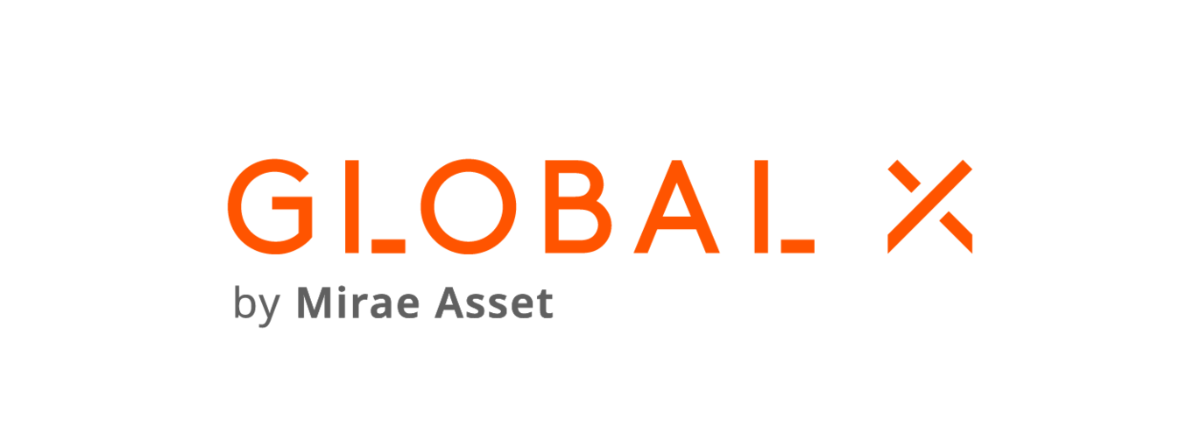Mirae Asset's acquisition of Global X, the JP Morgan-backed $9.6bn ETF issuer, has left many wondering what the future holds for medium sized issuers.
Global X is the third medium-sized issuer to be bought out in the past six months. ETF Securities was bought by WisdomTree in November, and Guggenheim was acquired by Invesco PowerShares in September. The merger wave has meant there are now only three independent issuers in the top 20 US issuers by assets: VanEck, ProShares, and Direxion -- all three of which double up as mutual fund providers. And mostly only smaller ones left in Europe.
The buyouts come as assets stashed in ETFs globally surpass $5tn—more than the GDP of Japan. This may sound promising for medium sized issuers and incentive to stay independent. But the majority of global inflows are landing in the laps of the biggest three players: Vanguard, State Street and Blackrock.
In order to get in on the action, smaller issuers have typically gone for niches where they can seize first mover advantage and avoid apex predators. On this score, Global X was ahead of the curve.
The company wowed investors and scored assets with its boutique offerings, such as its robotics (BOTZ) and lithium ETFs (LIT), which helped grow its assets from $3bn to $9.6bn in 12 months. It also made it attractive to potential buyers.
"There are few independent pure play ETF providers gaining market share like Global X," said Todd Rosenbluth, an ETF expert at CFRA Research.
"The majority of the flows continue to go to the top 3 providers and up and coming ETF providers that have large active management businesses."
Yet for all their success, the changing ETF landscape has meant things may get harder for Global X. The most crucial change has been the launch of the so-called "fee war" - which largely explains the dominance of the big three.
When ETFs got going in the aftermath of the 2008 financial crisis, they nearly all cost more than 20 basis points. Today, most plain vanilla ETFs in Europe and the US charge less than 5 basis points.
The "fee war" has, by design some might argue, created a barrier to entry for smaller issuers. And meant that even when they find a niche and gather assets, it is never long before big players come in with copycat products at lower prices.
"It's a bit of a paradox for the ETF industry. Smaller issuers are the ones coming up with most of the new ideas, particularly in the US" said Bernie Thurston, CEO of Ultumus, an ETF data company.
"Yet as the industry scales, it's becoming a tougher market for issuers who aren't big enough to fight it out in the fee war, which requires forgoing revenue to capture market share."
The acquisition also forms part of a pattern for Mirae, which has expanded outside Korea through acquisitions and operates in different countries under different mastheads.
In Australia, Mirae is a driving force behind BetaShares, the country's fourth largest issuer. Mirae owns 53% of BetaShares, while a minority stake is owned by local Australian entrepreneurs who run the company day to day. In Canada, Mirae owns a majority stake in Horizons ETFs, Canada's fourth largest issuer, while management is again left to locals who know the market.
"I think Mirae is looking to expand its distribution capabilities in the US," said Deborah Fuhr, CEO of consultancy ETFGI.
"Bringing ETFs to market in the US requires passing through 1940s SEC regulations and getting exemptions. You can see many traditional firms filing with the SEC documents to be able to launch non-transparent active products. Acquiring Global X means that Mirae has a broader set of ETFs, capital markets, sales and marketing people."
In Korea itself, Mirae operates an ETF business under the Tiger ETF brand, where it competes with chaebols Samsung Kodex and Hanwha Arirang.




